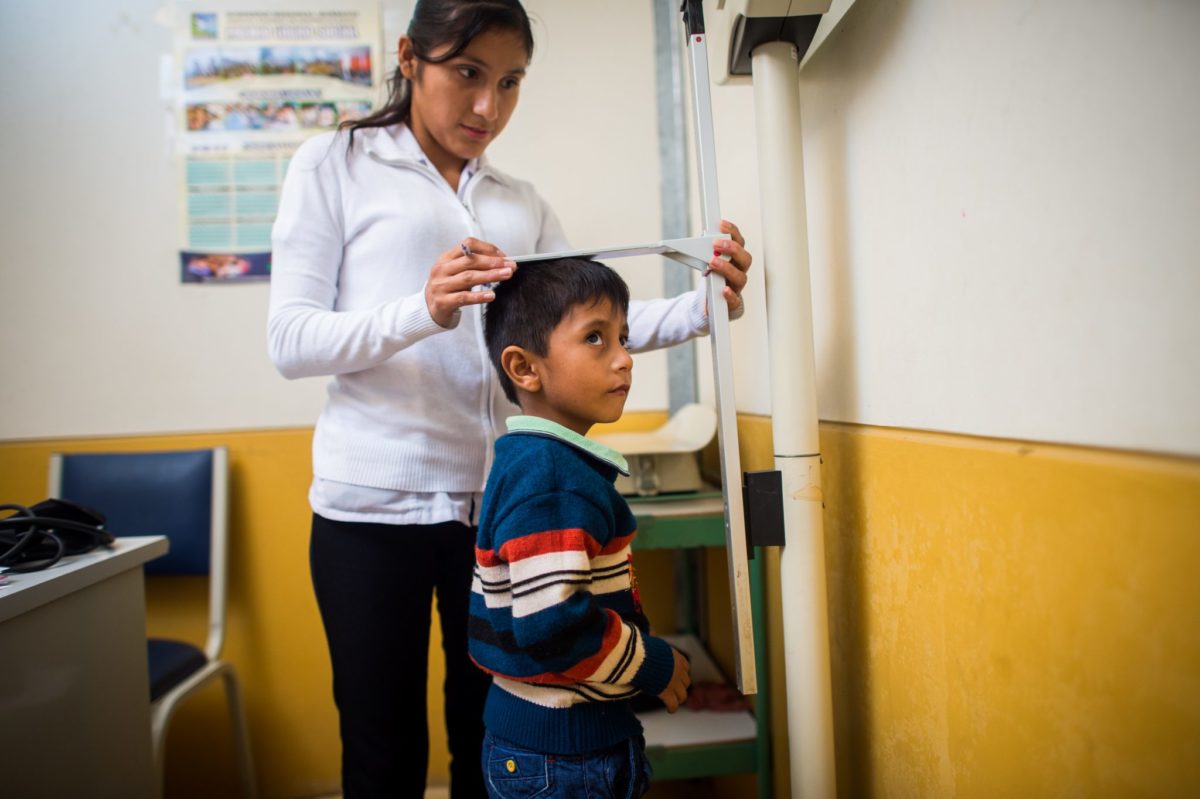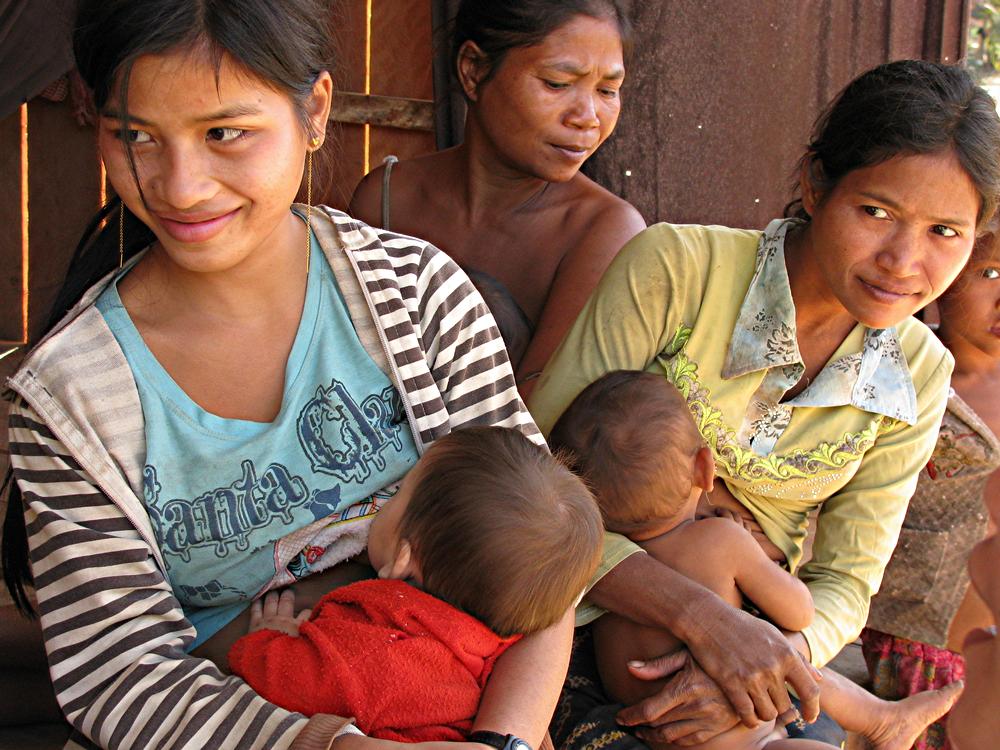Report From UNGA: Progress On Nutrition Is Possible
It is easy to feel overwhelmed by what can seem like insurmountable global challenges. Here at 1,000 Days, we are constantly inspired by stories of success around the world. We know that despite the obstacles that remain, millions of lives have already been transformed by improving nutrition.
Take for instance a recent success story from Peru– where they successfully reduced stunting by 10% over the past five years thanks to tireless advocacy and a comprehensive nutrition strategy. Peru’s success is just one of many global success stories that are featured in a new report released last week by the Bill & Melinda Gates Foundation.
Stories like this remind us that the work we do can save and improve lives.
The World’s Attention Must Be On Nutrition

Dr. Tedros Adhanom, Director General, World Health Organization
The truth is when it comes to nutrition, we know what works. What’s needed now is an urgent prioritization of proven interventions so that we have the money, the policies, and the partnerships to do what works.
We carried this message to New York last week, as world leaders gathered for the United Nations General Assembly. There, we called on attendees to take urgent and decisive action to increase investments in nutrition to save and improve lives around the world.
In partnership with the Bill & Melinda Gates Foundation, the Power of Nutrition, the Scaling Up Nutrition Movement and the World Health Organization, 1,000 Days hosted an event at UN Headquarters where we were honored to have the new Director General of the World Health Organization, Dr. Tedros Adhanom. In his remarks, Dr. Tedros reiterated this call to action: “If we want to end stunting, the world’s attention must be on nutrition.”
1,000 Days’ Mwandwe Chileshe also lent her voice as a global nutrition advocate from Zambia to an event on Good Food and nutrition, hosted by Global Citizen and the SDG2 Advocacy Hub.
As part of her work with Global Citizen, Mwandwe also attended the Global Citizen Festival red carpet where she highlighted that investing in nutrition is critical to ending extreme poverty.
Carrying the Message Forward
The opportunity to be around so many people working to see a world free from poverty and malnutrition was inspiring. And yet, there is much more work that needs to be done.
 A recent report highlights a devastating trend: in 2016, the number of chronically undernourished people is estimated to have increased by nearly 40 million people compared to 2015. This news signals the urgent need for greater action and political will in the fight against malnutrition.
A recent report highlights a devastating trend: in 2016, the number of chronically undernourished people is estimated to have increased by nearly 40 million people compared to 2015. This news signals the urgent need for greater action and political will in the fight against malnutrition.
We can change this trajectory with concerted action. When good nutrition is prioritized – especially during the critical 1,000-day window between pregnancy and age two – children are given the chance to reach their full potential. And that potential, when nurtured and nourished throughout life, knows no bounds.
At 1,000 Days, we will continue to carry this message forward. A high-level Global Nutrition Summit to be hosted in Italy in November is an important upcoming platform to reinforce that now is not the time to retreat.
Progress is possible, but it is not inevitable. We must act now to invest in nutrition and create a healthier and more prosperous future.



